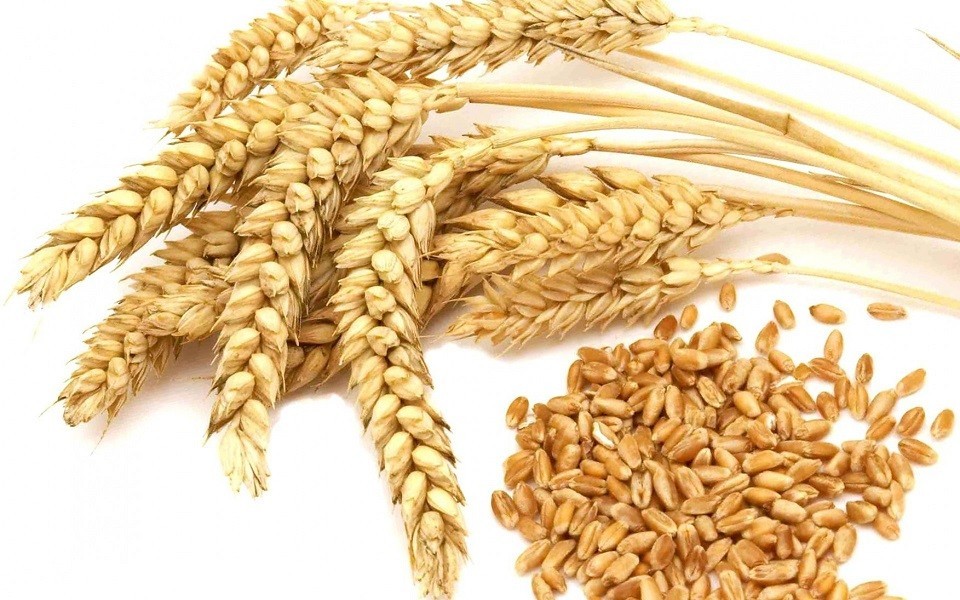UK Flour Millers speak out in support of imported wheat

Industry trade association UK Flour Millers has stated that the milling industry’s use of imported wheat is not undercutting UK growers, despite the views held by some farmers.
Imported wheat is used by UK millers due to high protein content, quality, and provenance rather than price, according to UK Flour Millers.
In a position statement on assurance and usage of imported milling wheat, the trade body suggested that assurance requirements in competing origins used by UK millers are equivalent to those of Red Tractor.
UK wheat is required by UK millers to be assured under Red Tractor or Scottish Quality Crop (SQC) schemes; however, imports are not assured under Red Tractor standards.
UK Flour Millers states that some of these countries do have equivalent standards and those which do not must face food safety and quality tests.
Imported wheat accounts for about 15% of UK miller demand and predominantly comes from Canada, France and Germany, it said.
UK Flour Millers technical manager Joe Brennan said: “The Red Tractor crops scheme is well understood and has excellent compliance rates. Unlike in other countries, the scheme is developed with significant farmer input, ensuring it reflects real farm practice.”
Currently, all UK flour mills have a requirement that any home-grown wheat must be either Red Tractor or SQC crops assured.
Mr Brennan said this is to avoid the need for a range of different schemes being applied by different milling businesses in order for farmers to supply.
UK farmers would need to carry out and pay for agrochemical and mycotoxin tests on wheat for every 200t sold if they wished to sell unassured grain to a UK flour mill.
“This is clearly a less-efficient means of providing assurance and it’s no wonder that Red Tractor is well supported by processors,” he said.
Mr Brennan conceded that competing schemes could be established in the UK, but standards would need to be in line with those of current Red Tractor schemes.
Steve Ridsdale, Yorkshire grower and chairman of the British Farming Union, said that if UK Flour Mills is happy with the food safety aspects of the standard of imports and that is a standard that is allowed for every single country in the world, then why can’t the same standards be applied in the UK.
Mr Ridsdale said: “Some of the schemes they will purchase imported wheat under, such as GMP+, are mutually recognised, and I don’t think there is anything prohibiting a central store joining one of those schemes and supplying under that scheme.
“Why can’t a UK producer supply under one of the other global schemes they accept? It’s for UK farmers, merchants and central stores to decide if a method of assurance is economic for them to supply under.”
Read also
Wheat in Southern Brazil Impacted by Dry Weather and Frosts
Oilseed Industry. Leaders and Strategies in the Times of a Great Change
Black Sea & Danube Region: Oilseed and Vegoil Markets Within Ongoing Transfor...
Serbia. The drought will cause extremely high losses for farmers this year
2023/24 Safrinha Corn in Brazil 91% Harvested
Write to us
Our manager will contact you soon



